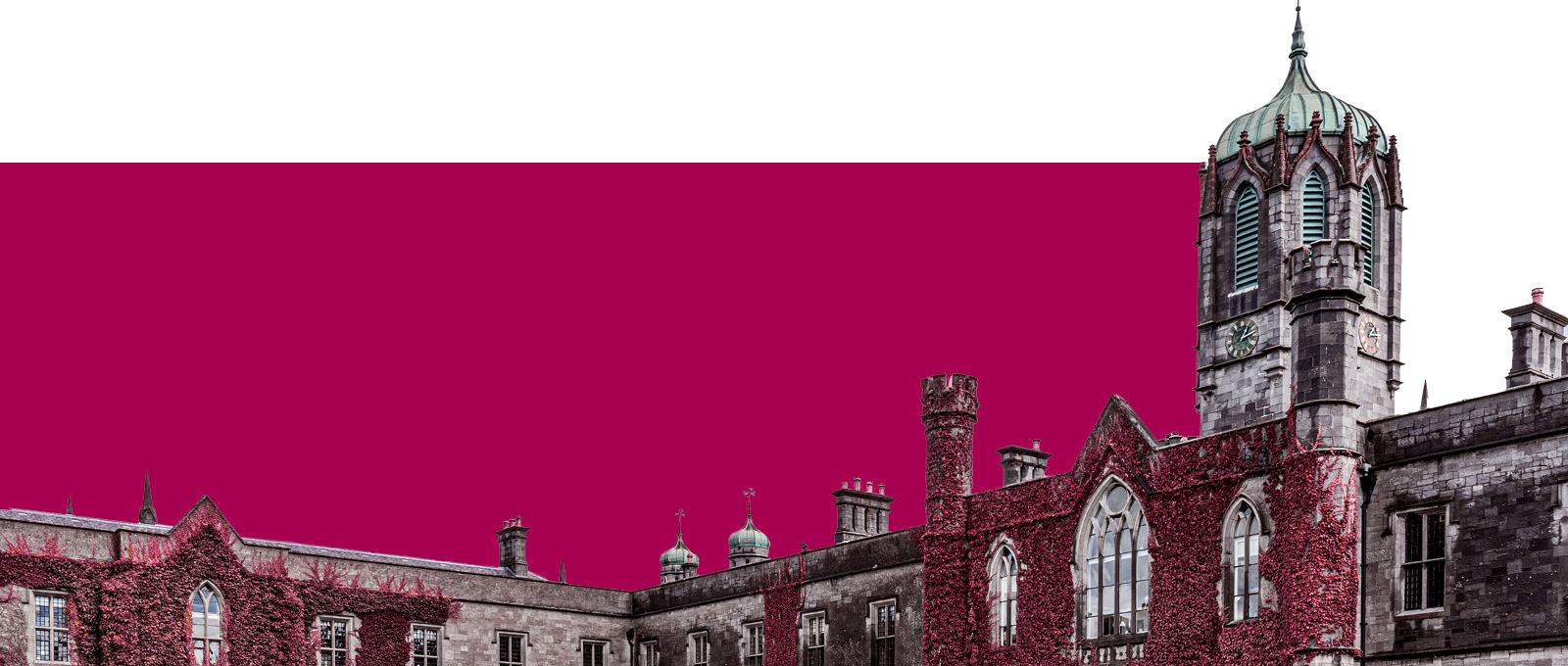MA (Rural Futures Planning and Innovation)
The rural represents a key sphere in any discussion on sustainable development. Much is known about major trends that have impacted and that continue to impact on rurality, and significant research exists on the nature of such impacts. However, whilst we have considerable knowledge about the past and present dynamics of such impacts, we still struggle to deal with uncertainty about the future for the rural, and to anticipate and plan for the possible, probable, and desired shape of that future. This programme approaches such challenges by focusing on how innovation contributes to future planning for rurality; in other words, how to envisage and plan for a range of alternative, feasible and desirable future developments in the rural that are based on the conceptualisation, promotion and implementation of innovation across various spheres of rurality.
Futures planning is particularly critical for effective policy-making in that it seeks to support existing planning and decision-making by providing decision-making frameworks to solve problems based on reasonable assumptions about the future, and by offering alternatives and their potential impacts. Its participatory ethos also ensures a strong focus on inclusive approaches to addressing rural development challenges and the space for bottom-up perspectives on these issues to emerge. The profile of rural areas is evolving. While agriculture remains a vital component of the rural economy, other sectors now provide the bulk of employment. They include industry, wholesale and retail, health and social work administrative and other services, and accommodation and food. In this regard, the rural increasingly mirrors the urban. The concept of ‘Smart Villages’ or ‘Smart Communities’ is just one specific example of emulating the Smart Cities movement employing information technology and other forms of economic and social innovation to manage local assets and resources, and enhance place-based sustainability. Rural areas need future planning responses to challenges such as increasing environmental regulation pertaining to agriculture and natural resource development as well as to industrial development so that the benefits of these sectors can be secured for the rural. These trends reflect increased demands for unique rural quality of life experiences and innovative ways in which to secure and enhance rural livelihoods.
The programme also considers how innovation in a development sense is broadly linked to improvements—in methods, processes, products, services or technologies—and how it can be about promoting a culture of innovation that supports and nurtures new ideas. Other key issues that will be considered are how the effectiveness of rural innovation relates to how we frame the innovation challenges facing rural areas; whether these are pitched at the appropriate scale and with the appropriate levels of support and intervention for them to result in enduring economic and social benefits for rural places and communities.
Intakes
- Jan
- Sep
Application Processing Time in Days: 20
Minimum English Language Requirements
| English Level Description | IELTS (1.0 -9.0) | TOEFL IBT (0-120) | TOEFL CBT (0-300) | PTE (10-90) | |
|---|---|---|---|---|---|
| Expert | 9 | 120 | 297-300 | 86-90 | |
| Very Good | 8.5 | 115-119 | 280-293 | 83-86 | |
| Very Good | 8 | 110-114 | 270-280 | 79-83 | |
| Good | 7.5 | 102-109 | 253-267 | 73-79 | |
| Good | 7 | 94-101 | 240-253 | 65-73 | |
| Competent | 6.5 | 79-93 | 213-233 | 58-65 | |
| Competent | 6 | 60-78 | 170-210 | 50-58 | |
| Modest | 5.5 | 46-59 | 133-210 | 43-50 | |
| Modest | 5 | 35-45 | 107-133 | 36-43 | |
| Limited | 4 | 32-34 | 97-103 | 30-36 | |
| Extremely Limited | < 4 | < 31 | < 93 | < 30 |
Job Opportunity Potential
Career opportunities for Electrical & Electronic Engineers continue to be plentiful and varied. With the ongoing emphasis on energy and efficiency, there is an increasing requirement for graduates in electrical generation, transmission and distribution in companies like ESB and Eirgrid.
Semiconductor manufacturing and design provides another dynamic career path, with many of the world’s leading companies located in Ireland including Intel, Analog Devices, On Semiconductor, Texas Instruments and Microsemi.
Demands for expertise in electrical automation and control are also rising, particularly in the biomedical devices and pharmaceutical sectors, while the ongoing growth in demands for telecommunications provides yet another exciting career option in the development and testing of new devices and infrastructure.
According to the State of Ireland 2017 report by Engineers Ireland, there is currently a huge demand for engineers, and it is expected that job opportunities for Electrical and Electronic Engineers both nationally and internationally will continue to grow in the coming years.
This creates a wide range of job opportunities for our graduates and also leads to higher salaries. The most recent Engineers Ireland Salary Survey shows that Electrical and Electronic Engineers are amongst the highest paid in all of the engineering and technology disciplines. In 2014, the median salary for a Chartered Electrical/Electronic Engineer in Ireland was €73,000. This figure is growing year on year (Source)
Admission Requirement / Eligibility Criteria
- Course Type: Full Time
- Course Level: Masters/PG Degree
- Duration: 01 Year
-
Total Tuition Fee:
17360 EUR
Annual Cost of Living: 12000 EUR
Application Fee: 35 EUR

